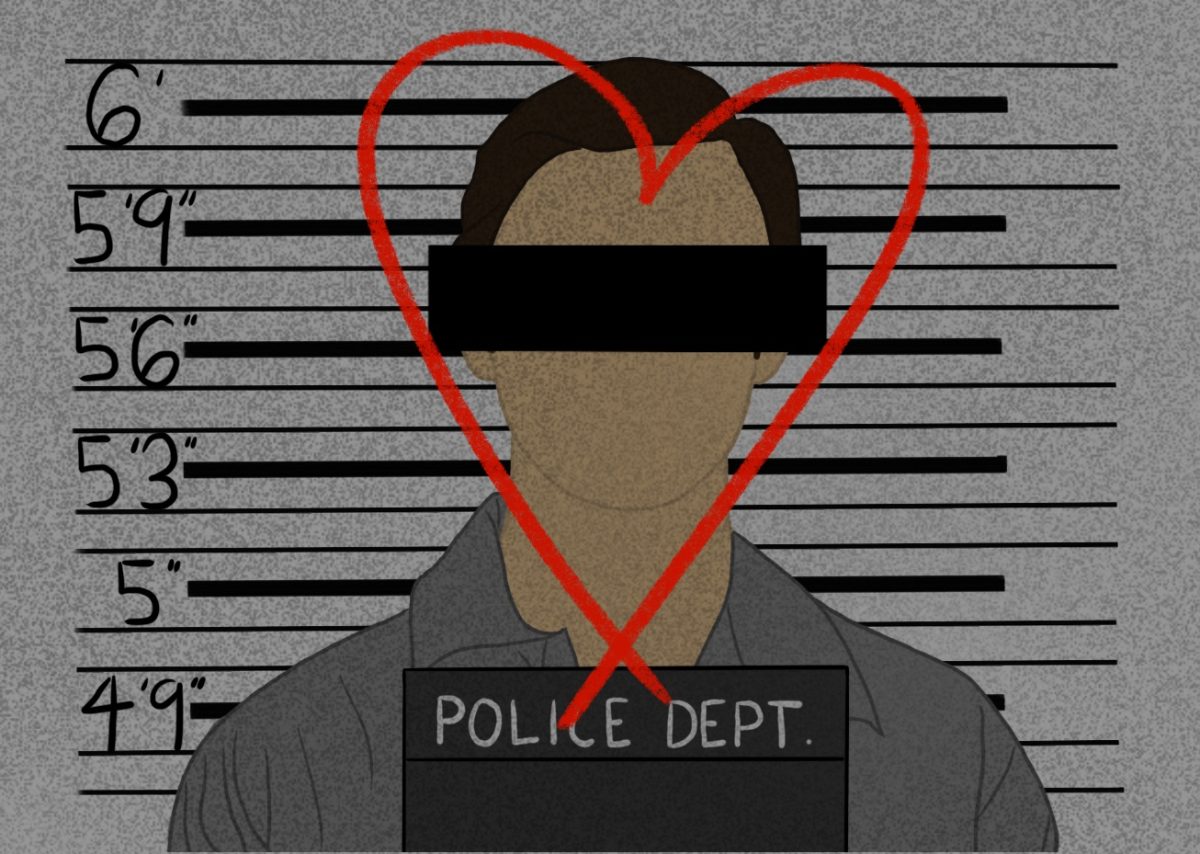Serial killers have long held a disturbing place in pop culture, moving from feared outcasts to unhealthy fascinations. From books and movies to social media fan pages, there seems to be an endless fascination with individuals like Ted Bundy, Jeffrey Dahmer, and more recently, Richard Ramirez. This trend of glorifying and even idolizing serial killers raises unsettling questions: Why do some people feel drawn to these criminals? And what does this say about the society?
Some individuals are intrigued by the idea of a ‘villain’ who operates outside the norms of society. For certain people, these figures are rebellious icons for them. Their devotion towards these delinquents is a psychological growth formed by the constant behavioral observation. AP Psychology teacher, Thomas White analyzes natural curiosity about things that are taboo or dangerous, which can be particularly appealing to those who feel misunderstood or powerless.
“Viewing killers as ‘characters’ rather than criminals distances people from the horror of their crimes,” White said. “It allows them to observe or even ‘root for’ these individuals in a way they likely wouldn’t if faced with the actual consequences of these killers’ actions.”
The impact of the media in shaping public perception of serial killers also raises ethical questions. Documentaries relating to murder cases are sometimes made as parodies. Hannah Kuthe 12 classifies social content creators as having the power to influence societal views, and in some cases, people who idolize killers may go as far as imitating their actions.
“Creating sympathetic narratives around real-life killers can lead to a disturbing kind of reverence,” she stated. “There’s a difference between understanding why someone committed a crime and excusing or glamorizing it.” “If we aren’t careful, we could be contributing to a cycle where more people see violence as a route to infamy or power.”
Stories of notorious figures, from Jack the Ripper to Bonnie and Clyde, have always appealed strangely. Back then, there wasn’t any social media to amplify that interest. In the past, the lack of technology meant that information on criminals was limited and sensationalized by newspapers. Senior Nevaeh Caldwell expresses how in today’s world, platforms like TikTok, Reddit, and YouTube allow for endless discussions, and theories, centered on notorious figures.
“True crime shows make these people almost look like characters in a movie. It’s easy to forget that these are real people who did horrible things,” said Caldwell. “This transformation of serial killers into “entertainment” seems to be fueling a new wave of admiration, with some even mimicking their styles in online content. Social media doesn’t help because anyone could search up something and find the details they want without hesitation”
Idolizing serial killers affects individuals and society in ways that extend beyond casual fascination. For teenagers and young adults, obsession with serial killers may reflect a search for identity. Donald Ferguson 12, reveals how constant exposure to violent content can also lead to normalizing harmful behavior.
“Constant exposure to violent content can desensitize people, especially young minds, making them more accepting of violence,” Ferguson said. “ We’re risking normalizing violence by making celebrities out of serial killers. This kind of fixation could make future generations numb to real-life tragedies.”
The trend of idolizing serial killers is more than a passing fad; it reflects deeper societal issues. With the lines blurred between education, fascination, and glorification, people question what these say as a society. Teachers and students agree that while studying these figures can offer insight into criminal psychology, glamorizing their actions is both ethically problematic and socially harmful. Boundaries need to be set, ensuring that these fascinations don’t lead to the admiration of those who caused immeasurable harm.

